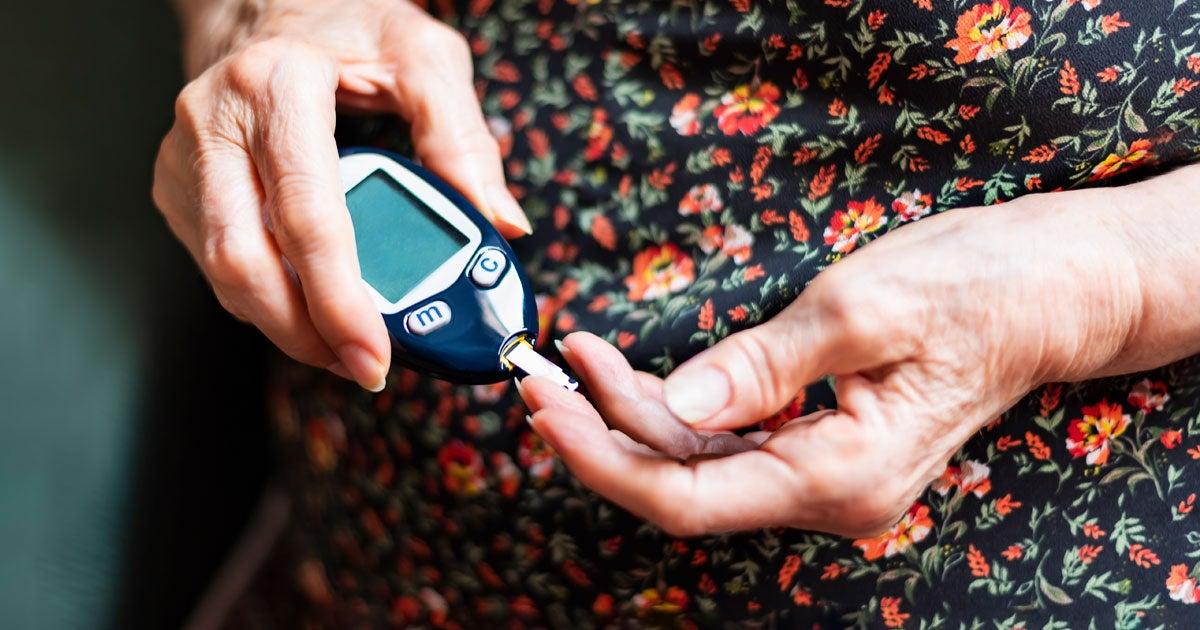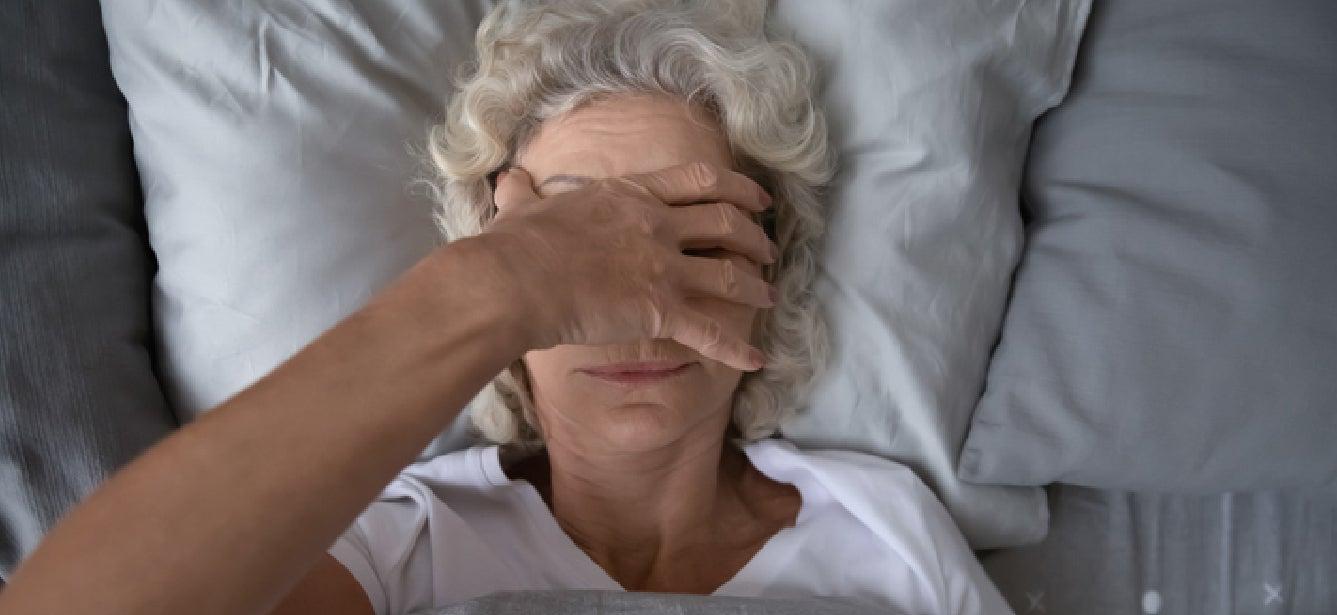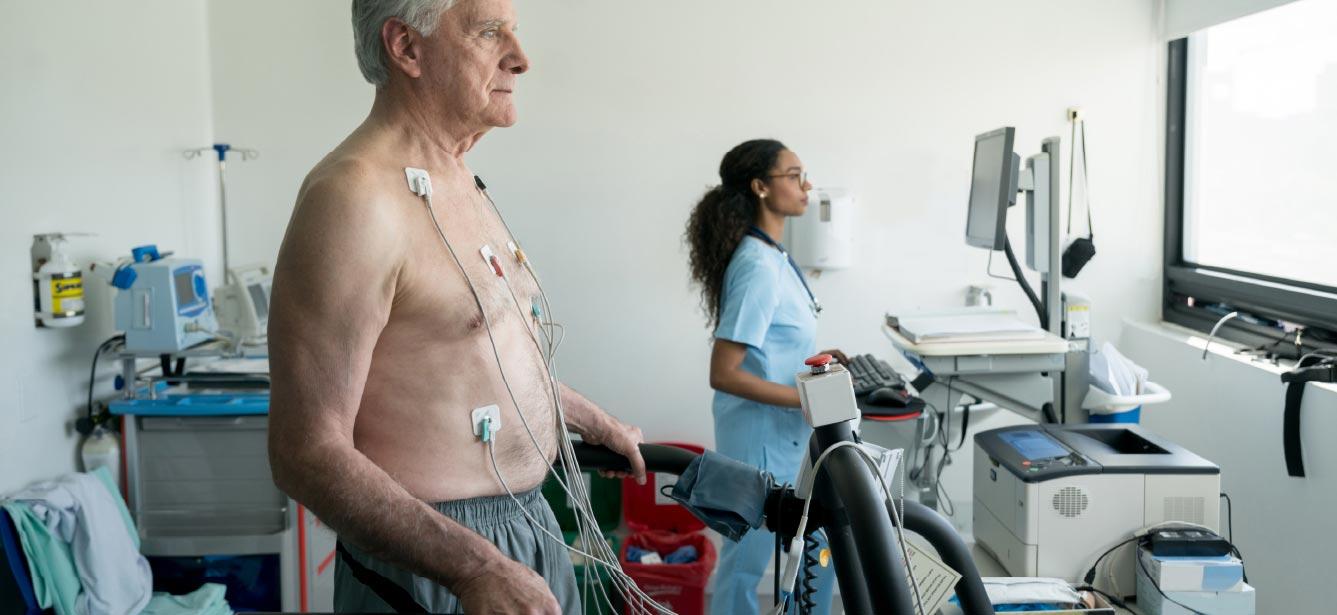Chronic Diseases

What Is Chronic Disease Self-Management?
Older adults are disproportionately affected by chronic conditions such as diabetes, arthritis, and heart disease. Learn more about chronic disease self-management, a low-cost program that helps people with chronic diseases learn how to manage and improve their health.

Managing Multiple Chronic Conditions?
Chronic diseases affect quality of life, especially if you're managing multiple conditions. Get help with this the tracking tool that can be adapted to meet the needs of any older adult or caregiver who's assisting someone with their health care needs.

More Stories
Memory and Sleep: How Are They Connected?
Jun 04, 2025
Foods That Help You Sleep
Jun 04, 2025
How Alcohol Affects Your Sleep
May 22, 2025
Does Medicare Cover Heart Disease?
May 21, 2025



